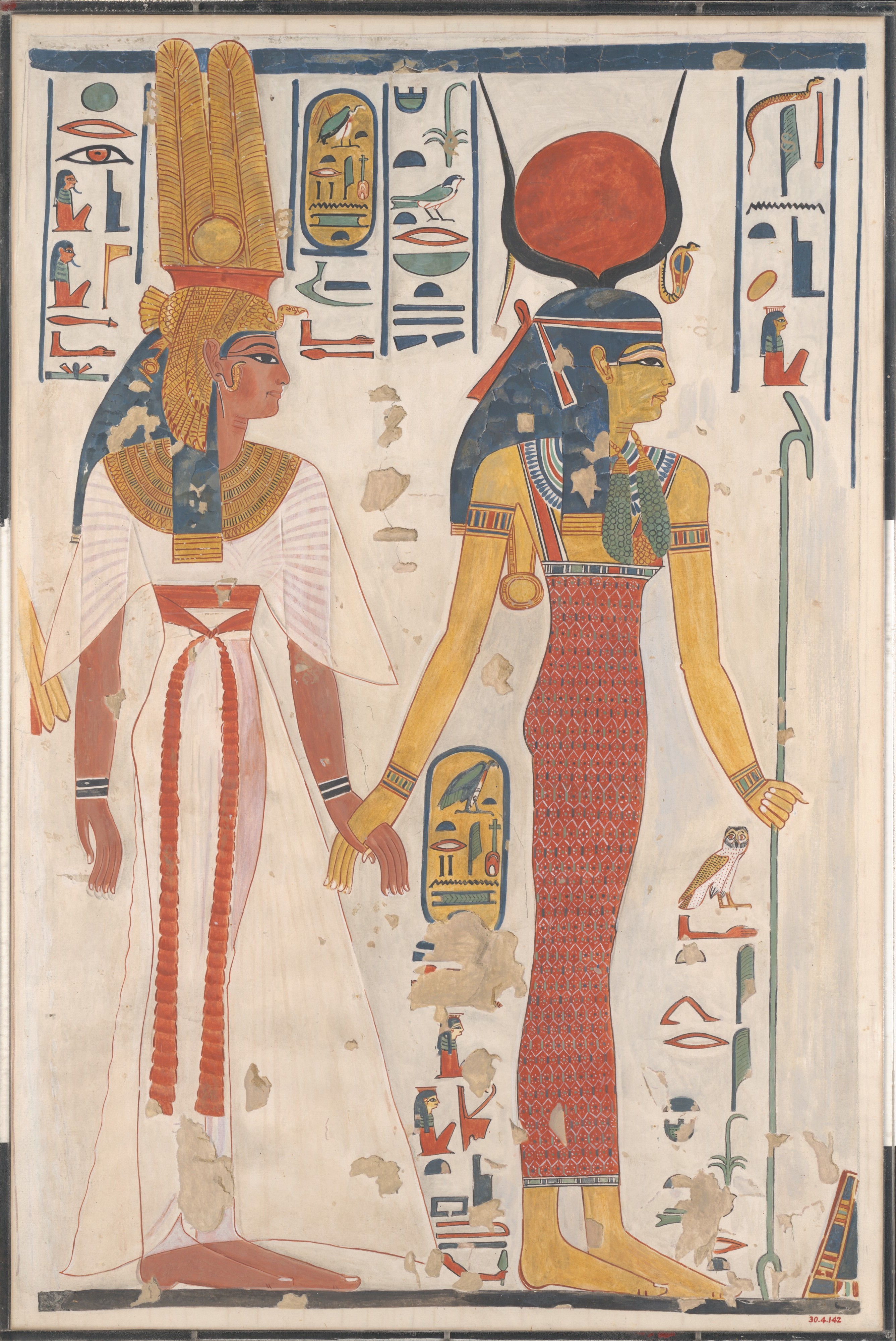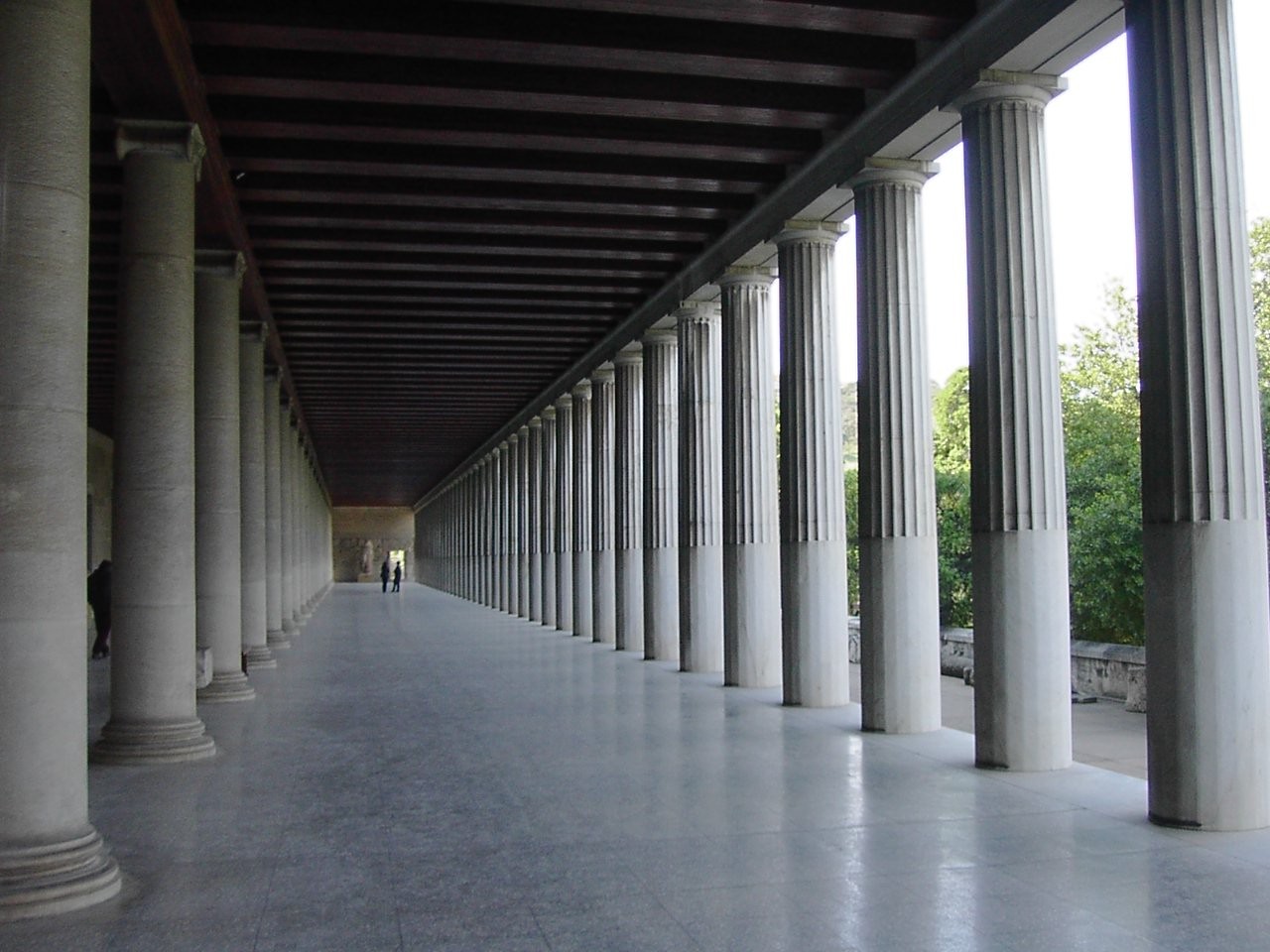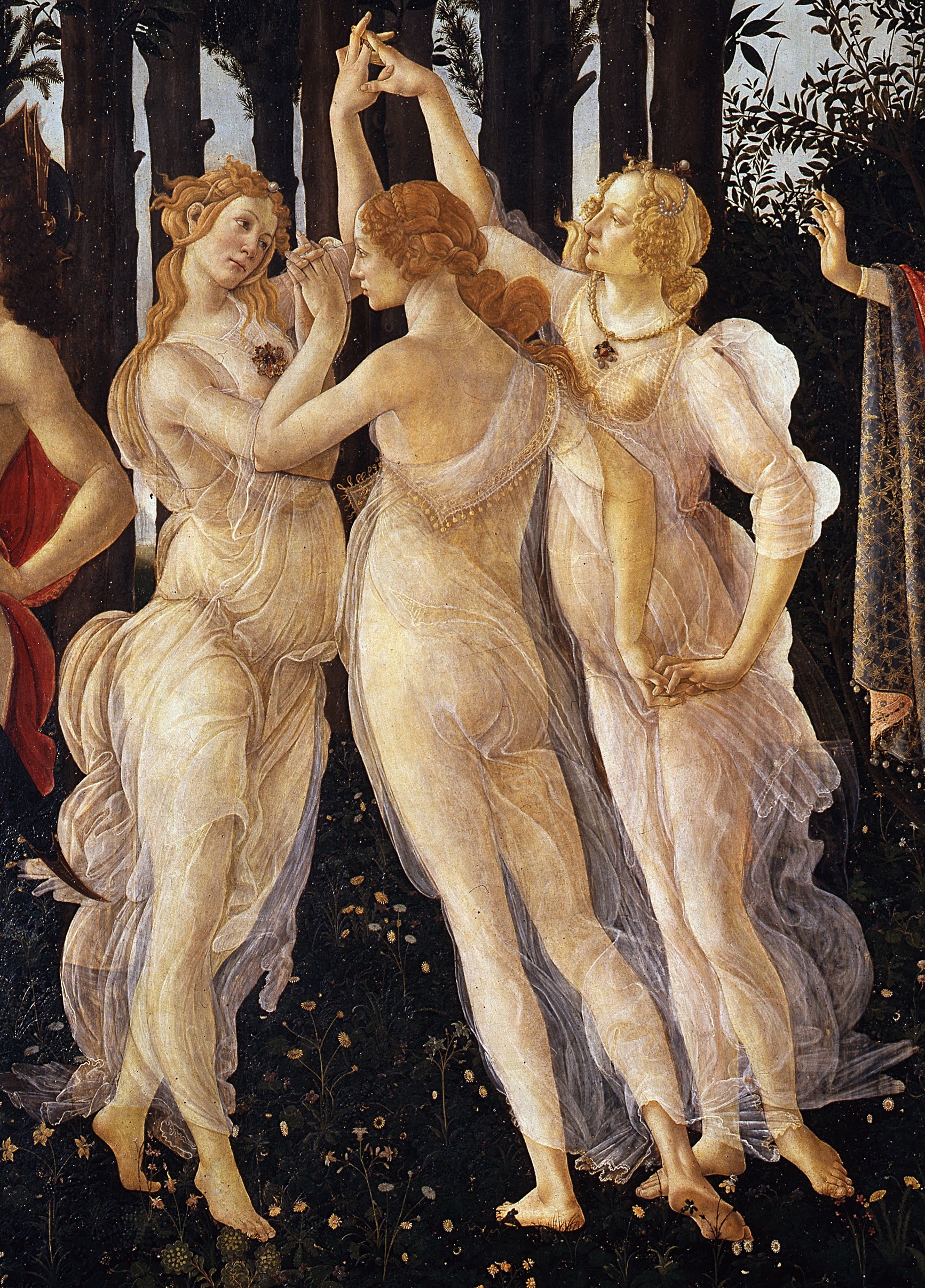|
Suadela
In Roman mythology, Suada (also called by the diminutive Suadela) was the goddess of persuasion, particularly in the realms of romance, seduction and love. She was strongly associated with Venus. Her Greek name was Peitho, and she was worshipped as a divinity in Sicyon, where she was honoured with a temple in the agora. Sometimes she is associated with or counted as one of the Graces, being part of Venus’s retinue. Plutarch observed in his ''Quaestiones Romanae'' (part of the ''Moralia'') that the married couple needed five gods: Nuptial Jupiter, Nuptial Juno, Venus, Suada, and above all Diana, whom women call upon in childbirth.Plutarch Plutarch (; , ''Ploútarchos'', ; – 120s) was a Greek Middle Platonist philosopher, historian, biographer, essayist, and priest at the Temple of Apollo (Delphi), Temple of Apollo in Delphi. He is known primarily for his ''Parallel Lives'', ...''Quaestiones Romanae'', sect.2 /ref> References Roman goddesses Love and lust goddesses [...More Info...] [...Related Items...] OR: [Wikipedia] [Google] [Baidu] |
Roman Goddesses
The Roman deities most widely known today are those the Romans identified with Greek counterparts, integrating Greek myths, iconography, and sometimes religious practices into Roman culture, including Latin literature, Roman art, and religious life as it was experienced throughout the Roman Empire. Many of the Romans' own gods remain obscure, known only by name and sometimes function, through inscriptions and texts that are often fragmentary. This is particularly true of those gods belonging to the archaic religion of the Romans dating back to the era of kings, the so-called "religion of Numa", which was perpetuated or revived over the centuries. Some archaic deities have Italic or Etruscan counterparts, as identified both by ancient sources and by modern scholars. Throughout the Empire, the deities of peoples in the provinces were given new theological interpretations in light of functions or attributes they shared with Roman deities. A survey of theological groups as ... [...More Info...] [...Related Items...] OR: [Wikipedia] [Google] [Baidu] |
Roman Mythology
Roman mythology is the body of myths of ancient Rome as represented in the literature and visual arts of the Romans, and is a form of Roman folklore. "Roman mythology" may also refer to the modern study of these representations, and to the subject matter as represented in the literature and art of other cultures in any period. Roman mythology draws from the mythology of the Italic peoples and shares mythemes with Proto-Indo-European mythology. The Romans usually treated their traditional narratives as historical, even when these have miraculous or supernatural elements. The stories are often concerned with politics and morality, and how an individual's personal integrity relates to his or her responsibility to the community or Roman state. Heroism is an important theme. When the stories illuminate Roman religious practices, they are more concerned with ritual, augury, and institutions than with theology or cosmogony. Roman mythology also draws on Greek mythology, pri ... [...More Info...] [...Related Items...] OR: [Wikipedia] [Google] [Baidu] |
Goddess
A goddess is a female deity. In some faiths, a sacred female figure holds a central place in religious prayer and worship. For example, Shaktism (one of the three major Hinduism, Hindu sects), holds that the ultimate deity, the source of all reality, is Mahadevi (Supreme Goddess) and in some forms of Tantric Shaivism, the pair of Shiva and Shakti are the ultimate principle (with the goddess representing the active, creative power of God). Meanwhile, in Vajrayana, Vajrayana Buddhism, ultimate reality is often seen as being composed of two principles depicted as two deities in union (Yab-Yum, yab yum, "father-mother") symbolising the non-duality of the two principles of perfect wisdom (female) and skillful compassion (male). A single figure in a monotheistic faith that is female may be identified simply as god because of no need to differentiate by gender or with a diminutive. An experiment to determine the effect of psychedelics on subjects composed of leaders from diverse religio ... [...More Info...] [...Related Items...] OR: [Wikipedia] [Google] [Baidu] |
Romantic Love
Romance or romantic love is a feeling of love for, or a Interpersonal attraction, strong attraction towards another person, and the Courtship, courtship behaviors undertaken by an individual to express those overall feelings and resultant emotions. The ''Wiley Blackwell Encyclopedia of Family Studies'' states that "Romantic love, based on the model of mutual attraction and on a connection between two people that bonds them as a couple, creates the conditions for overturning the model of family and marriage that it engenders." This indicates that romantic love can be the founding of attraction between two people. This term was primarily used by the "western countries after the 1800s were socialized into, love is the necessary prerequisite for starting an intimate relationship and represents the foundation on which to build the next steps in a family." Alternatively, ''Collins Dictionary'' describes romantic love as "an intensity and idealization of a love relationship, in w ... [...More Info...] [...Related Items...] OR: [Wikipedia] [Google] [Baidu] |
Seduction
In sexuality, seduction means enticing someone else into sexual intercourse or Human sexual activity, other sexual activity. Strategies of seduction include conversation and Sexual script theory, sexual scripts, paralanguage, paralingual features, non-verbal communication, and short-term behavioural strategies. The word ''seduction'' stems from Latin and means, literally, 'leading astray'. As a result, the term may have a negative connotation. Seen negatively, seduction involves temptation and wikt:enticement, enticement, often sexual in nature, to coerce someone into a behavioural choice they would not have made if they were not in a state of sexual arousal. Seen positively, seduction is synonymous for the act of charming someone—male or female—by an appeal to the senses, often with the goal of reducing unfounded Fear, fears and leading to "sexual emancipation". Some sides in contemporary academic debate state that the morality of seduction depends on the long-term impacts ... [...More Info...] [...Related Items...] OR: [Wikipedia] [Google] [Baidu] |
Love
Love is a feeling of strong attraction and emotional attachment (psychology), attachment to a person, animal, or thing. It is expressed in many forms, encompassing a range of strong and positive emotional and mental states, from the most sublime virtue or good habit, or the deepest Interpersonal relationship, interpersonal affection, to the simplest pleasure. An example of this range of meanings is that the love of a mother differs from the love of a spouse, which differs from the love of food. Love is considered to be both positive and negative, with its virtue representing kindness, compassion, and affection—"the unselfish, loyal, and benevolent concern for the good of another"—and its vice representing a morality, moral flaw akin to vanity, selfishness, amour-propre, and egotism. It may also describe compassionate and affectionate actions towards other humans, oneself, or animals. In its various forms, love acts as a major facilitator of interpersonal relationships, a ... [...More Info...] [...Related Items...] OR: [Wikipedia] [Google] [Baidu] |
Venus (deity)
Venus (; ) is a Roman goddess whose functions encompass love, beauty, desire, sex, fertility, prosperity, and victory. In Roman mythology, she was the ancestor of the Roman people through her son, Aeneas, who survived the fall of Troy and fled to Italy. Julius Caesar claimed her as his ancestor. Venus was central to many religious festivals, and was revered in Roman religion under numerous cult titles. The Romans adapted the myths and iconography of her Greek counterpart Aphrodite for Roman art and Latin literature. In the later classical tradition of the West, Venus became one of the most widely referenced deities of Greco-Roman mythology as the embodiment of love and sexuality. As such, she is usually depicted nude. Etymology The Latin theonym and the common noun ('love, charm') stem from a Proto-Italic form reconstructed as ''*wenos-'' ('desire'), itself from Proto-Indo-European (PIE) ' ('desire'; cf. Messapic , Old Indic 'desire'). Derivatives include ''venustus'' ('a ... [...More Info...] [...Related Items...] OR: [Wikipedia] [Google] [Baidu] |
Greek Mythology
Greek mythology is the body of myths originally told by the Ancient Greece, ancient Greeks, and a genre of ancient Greek folklore, today absorbed alongside Roman mythology into the broader designation of classical mythology. These stories concern the ancient Greek religion's view of the Cosmogony, origin and Cosmology#Metaphysical cosmology, nature of the world; the lives and activities of List of Greek deities, deities, Greek hero cult, heroes, and List of Greek mythological creatures, mythological creatures; and the origins and significance of the ancient Greeks' cult (religious practice), cult and ritual practices. Modern scholars study the myths to shed light on the religious and political institutions of ancient Greece, and to better understand the nature of mythmaking itself. The Greek myths were initially propagated in an oral tradition, oral-poetic tradition most likely by Minoan civilization, Minoan and Mycenaean Greece, Mycenaean singers starting in the 18th century&n ... [...More Info...] [...Related Items...] OR: [Wikipedia] [Google] [Baidu] |
Peitho
In Greek mythology, Peitho ( or 'winning eloquence') is the personification of persuasion. She is typically presented as an important companion of Aphrodite. Her opposite is Bia (mythology), Bia, the personification of force. As a personification, she was sometimes imagined as a goddess and sometimes an abstract power with her name used both as a common and proper noun. There is evidence that Peitho was referred to as a goddess before she was referred to as an abstract concept, which is rare for a personification. Peitho represents both sexual and political persuasion. She is associated with the art of rhetoric. Family Peitho's ancestry is unclear, as various authors provide different identities for her parents. Hesiod in ''Theogony'' identifies Peitho as the daughter of the Titans Tethys (mythology), Tethys and Oceanus, which would make her an Oceanid and the sister of notable goddesses such as Dione (Titaness), Dione, Doris (Oceanid), Doris, and Metis (mythology), Metis. Acc ... [...More Info...] [...Related Items...] OR: [Wikipedia] [Google] [Baidu] |
Sicyon
Sicyon (; ; ''gen''.: Σικυῶνος) or Sikyōn was an ancient Greek city state situated in the northern Peloponnesus between Corinth and Achaea on the territory of the present-day regional unit of Corinthia. The ruins lie just west of the modern village of Sikyona (previously Vasiliko). An ancient monarchy at the times of the Trojan War, the city was ruled by a number of tyrants during the Archaic and Classical period and became a democracy in the 3rd century BC. Sicyon was celebrated for its contributions to ancient Greek art, producing many famous painters and sculptors. In Hellenistic times it was also the home of Aratus of Sicyon, the leader of the Achaean League. Ancient history Sicyon was built on a low triangular plateau about 3 kilometres (two miles) from the Corinthian Gulf. Between the city and its port lay a fertile plain with olive groves and orchards. In Mycenean times, according to Eusebius, Sicyon had been ruled by a line of twenty-six mythical king ... [...More Info...] [...Related Items...] OR: [Wikipedia] [Google] [Baidu] |
Agora
The agora (; , romanized: ', meaning "market" in Modern Greek) was a central public space in ancient Ancient Greece, Greek polis, city-states. The literal meaning of the word "agora" is "gathering place" or "assembly". The agora was the center of the athletic, artistic, business, social, spiritual, and political life in the city. The Ancient Agora of Athens is the best-known example. Origins Early in Greek history (10th–4th centuries BC), free-born citizens would gather in the agora for military duty or to hear statements of the ruling king or council. Later, the agora also served as a marketplace, where merchants kept stalls or shops to sell their goods amid Arcade (architecture), arcades. This attracted artisans who built workshops nearby. From these twin functions of the agora as a political and a commercial spot came the two Greek verbs , ''agorázō'', "I shop", and , ''agoreúō'', "I speak in public". Ancient Agora of Athens The Ancient Agora of Athens was situat ... [...More Info...] [...Related Items...] OR: [Wikipedia] [Google] [Baidu] |
Graces
In Greek mythology, the Charites (; ), singular Charis (), also called the Graces, are goddesses who personify beauty and grace. According to Hesiod, the Charites were Aglaea, Euphrosyne, and Thalia, who were the daughters of Zeus and Eurynome, the daughter of Oceanus. However in other accounts, their names, number and parentage varied. In Roman mythology they were known as the Gratiae. Hesiod has Aglaea as the wife of Hephaestus, and in the ''Iliad'' Hera promises to give a Charis named Pasithea to Hypnos as bride. Otherwise they have little independent mythology, usually described as attending various gods and goddesses, especially Aphrodite. In Roman and later art, the three Charites are generally depicted nude in an interlaced group, but during the Archaic and Classical periods of Greece, they were typically depicted as fully clothed, and in a line, with dance poses. Parentage, number, and names In Hesiod's '' Theogony'', the Charites are the three daughters of Z ... [...More Info...] [...Related Items...] OR: [Wikipedia] [Google] [Baidu] |











